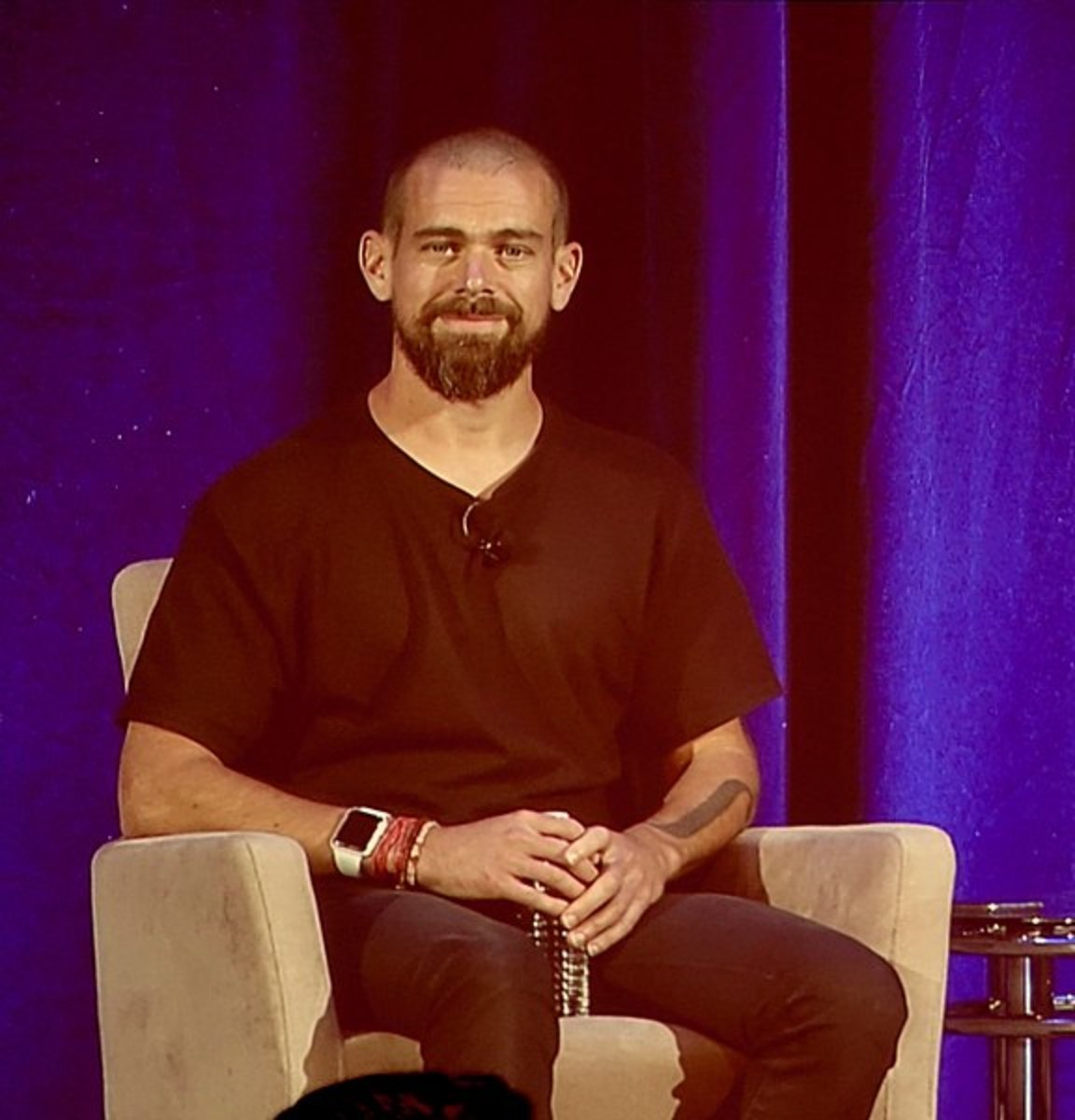This is sure to stir up the Biglaw recruitment game. A trio of T14 schools — Harvard Law, NYU Law, and Columbia Law — are holding limited early interview programs to get their students a foot in the Biglaw door even faster than before.
These law schools are already killing it when it comes to placing students in Biglaw jobs (Columbia Law took the top spot for Biglaw placements in the most recent ranking with NYU coming in third, and Harvard rounding out the top 10), but this new program is designed to give their students an even bigger advantage. As Columbia’s career services dean Marta Ricardo told Law.com, a big part of the move is to make sure their students aren’t hurt by the law school’s interview program:
“We don’t want our students to think they are at a disadvantage,” said Columbia career services dean Marta Ricardo, of the school’s decision to drop its ban on early interviews. “We know that if we don’t create a system, they will do [early interviews] anyway, and they will do it with no advice from us. This year is a big experiment, to see how much capacity the firms have to even do early interviews.”
As legal industry observers know, the state of Biglaw recruitment has been in flux since late 2018, when the National Association for Law Placement (NALP) made sweeping changes to their “Principles and Standards for Law Placement and Recruitment Activities,” upending the established recruitment calendar and ushering in a Wild West ethos. As Nicholas Alexiou, Director of LL.M. and Alumni Advising and the Associate Director of Career Services at Vanderbilt University Law School, said at the time:
All of the timelines and guideposts that served as the foundation of entry-level recruiting have been eliminated. No one-on-one meetings between Career Services and 1Ls until October 15th? Gone. The prohibition on formal applications, interviews, or offers between 1Ls and legal employers until December 1st? Bye-bye. The 28 days that 2Ls should have to make a decision on a summer associate offer? Hasta luego. The limit of five open offers that a 2L could hold at any one point during the Fall recruiting cycle? Sayōnara.
This is just the latest change in that tumultuous landscape.
The lack of rules is an essential component to understanding these latest changes. Even among the T14, there were wildly different reactions to the changed NALP rules. About half of them stuck to the old timetable, which meant their students were unable to interview with firms until on-campus recruitment, but for those that quickly adapted to the new (lack of) regulation, all bets were off. Harvard’s decision to move to this new early interview program (2Ls can apply to five law firms in June and interview before on-campus interviews; any offers that are extended must remain open until 21 days after the on-campus program wraps) was motivated by the change:
That left schools such as Harvard—which held to the prior rules and prohibited early interviewing—in an untenable position, said career services dean Mark Weber, particularly because summer associate class sizes at the largest firms have been contracting over the past two years. Students were frustrated at being forced to wait when their counterparts at other law schools were interviewing with firms before OCI. And some firms were frustrated that they couldn’t interview Harvard students at the same time as candidates from other schools. After careful consideration, Harvard in late December unveiled what it has dubbed “EIP Preview. (EIP stands for Early Interview Program, Harvard’s term for OCI.)
But Weber acknowledges their approach is designed to be a middle ground, to keep their students competitive without eliminating all guidelines:
“By having this approach, we acknowledge that the present system is broken,” Weber said. “By taking the middle ground, we’re trying to address the concerns of both students and employers while still having some guidelines in place. The structured approach allows students who want to do some early interviewing to do so without being overwhelmed.”
And after Harvard made the change, NYU and Columbia quickly responded with similar programs of their own. As Irene Dorzback, career services dean at NYU, said, “We had to stay competitive. That is No. 1.”
Bruce Elvin, career services dean at Duke Law (which was already on board with early interviews) predicted this will lead to some big changes in the recruitment game:
“There is tons of paranoia. Everybody has FOMO,” Elvin said. “The employers think everybody else is doing something they aren’t. Maybe, but maybe not. Then students say, ‘Oh my colleagues at other schools have five offers, and my classmate down the hall has three offers.’ But your circumstances are completely different. This is going to be extremely unsettling for everyone involved.”
So get ready as the already anxiety-inducing interview season gets ratcheted up a notch.
 Kathryn Rubino is a Senior Editor at Above the Law, and host of The Jabot podcast. AtL tipsters are the best, so please connect with her. Feel free to email her with any tips, questions, or comments and follow her on Twitter (@Kathryn1).
Kathryn Rubino is a Senior Editor at Above the Law, and host of The Jabot podcast. AtL tipsters are the best, so please connect with her. Feel free to email her with any tips, questions, or comments and follow her on Twitter (@Kathryn1).
 Kathryn Rubino is a Senior Editor at Above the Law, and host of The Jabot podcast. AtL tipsters are the best, so please connect with her. Feel free to email her with any tips, questions, or comments and follow her on Twitter (@Kathryn1).
Kathryn Rubino is a Senior Editor at Above the Law, and host of The Jabot podcast. AtL tipsters are the best, so please connect with her. Feel free to email her with any tips, questions, or comments and follow her on Twitter (@Kathryn1).


 Jordan Rothman is a partner of
Jordan Rothman is a partner of 













